In the ever-evolving world of technology, Artificial Intelligence (AI) is emerging as a key player, revolutionizing the way businesses strive for unprecedented growth. Promising efficiency, precision, and the magic touch of automation in everyday tasks, AI is becoming an enabler for saving time and money.
This guide takes you on a journey through the top 10 AI programming languages, highlighting their strengths, applications, and the special features that make them indispensable for shaping the future of AI development.
1. Python
While Python predates the AI programming languages wave, it has clearly positioned itself as a leader in AI development. Its rise is based on its role as the dominant language for machine learning (ML), a crucial subset of AI.
Python’s rise is due in large part to its robust data analysis capabilities, which are complemented by specialized AI frameworks such as TensorFlow, scikit-learn, PyTorch, Keras, and Theano. This amalgamation makes Python a remarkably versatile and easy-to-use option for developers. The language’s inherent simplicity serves as a spark that drives rapid adoption of AI-centric tasks within the development community.
2. Lisp
Since its debut in the 1960s, Lisp has established itself as an enduring cornerstone of AI research and problem solving. Standing the test of time, Lisp maintains its relevance through distinctive attributes such as rapid prototyping, dynamic object creation, and the ability to process information symbolically. The enduring influence of Lisp’s creator, John McCarthy, further solidifies its credibility in the dynamic field of AI and reinforces its significance as a proven and influential language.
3. Java
Java’s position as a major player in mobile application development converges seamlessly with the evolving AI landscape. Armed with libraries such as the Deep Java Library, Kubeflow, OpenNLP, and the Java Machine Learning Library, Java is proving to be a solid foundation for seamless AI implementation.
In addition to its mobile development capabilities, Java’s simplified debugging, easy-to-understand syntax, and compatibility with object-oriented patterns make it an attractive choice for AI applications.
4. C++
While C++ has a rich history, its continued flexibility and efficiency in managing resource-intensive applications solidifies its position as a legitimate contender in the field of AI.
Known for its prowess in AI speech recognition, its use in prominent deep learning libraries such as MapReduce, mlpack, and MongoDB, and C++ Builder’s ability to facilitate rapid application development, C++ is emerging as a language that ensures optimal performance in the complicated task of deploying AI models.
5. Rust
Rust is the forerunner of C++. According to the discerning results of a recent StackOverflow survey, Rust proudly claims the title of most popular language among developers, demonstrating its remarkable resonance within the programming community.
Rust reveals a trifecta of attributes that set it apart in the coding panorama: high performance, memory safety, and multithreading mastery. Rust’s appeal extends beyond its foundational features and into the realm of AI development. Notable packages such as Mosec, Leaf, and Gluon demonstrate Rust’s commitment to the cutting edge of artificial intelligence. Tch-rs, a prominent project, reinforces Rust’s importance by providing bindings to PyTorch’s C++ API, opening a gateway for seamless integration with one of the leading frameworks in the AI landscape.
6. R
While not flawless as an AI programming languages, R excels at large-scale numerical computation, occasionally outperforming Python in certain scenarios. With built-in functional programming, vector calculus, and a number of AI-centric packages such as gmodels, TM, RODBC, and OneR, R emerges as a compelling alternative tailored to meet the nuanced requirements of specific AI use cases.
7. Julia
Embracing the ethos of high-performance computing in science and engineering, Julia is a relatively new but powerful language. Designed with AI in mind, Julia boasts a repertoire of features including common numeric data types, arbitrary precision values, and robust support for parallel and distributed computing. Its appeal is further enhanced by seamless integration with prominent AI frameworks such as TensorFlow.jl, MLBase.jl, and MXNet.jl, solidifying its position as a frontrunner in the AI development landscape.
8. Haskell
Distinguished by its functional design and static typing, Haskell offers explicit algorithm descriptions, type safety, and the added benefit of multicore parallelism. Known for its lazy evaluation power and the instrumental HLearn library, Haskell is an ideal and reliable platform for the complex world of machine learning applications.
9. Prolog
Prolog, which stands for “programming in logic,” is proving to be a standout performer. With effortless pattern matching, adept list handling, and natural language processing, Prolog takes center stage. Its declarative nature allows programmers to seamlessly articulate rules and facts, making it particularly well-suited for AI applications that require logical reasoning and sophisticated knowledge representation.
10. Scala
Celebrated for its user-friendly design, Scala excels at building machine learning algorithms and navigating massive data sets. Equipped with libraries tailored for data science, such as Smile, and frameworks such as BigDL and Breeze, Scala is becoming an indispensable tool for AI developers navigating complex content management and extracting valuable insights from massive datasets.
Which AI programming languages is the best?
The answer to the question of which AI programming languages is best for you lies in tailoring it to the unique requirements of your project. A judicious evaluation of the intricacies of your project against the strengths of each language is paramount.
Python can be one of the AI programming languages right choice for its simplicity., Lisp for complex problem solving, or Java for mobile AI. The versatility of C++ might be the answer for resource-intensive tasks, while R might be the precision tool for large-scale numerical computations. Julia’s high-performance capabilities may resonate with scientific applications, while Haskell’s functional design lends itself to explicit algorithm descriptions. Prolog’s logic-centric approach is ideal for complex reasoning, Scala’s user-friendly features excel at building machine learning algorithms, and Rust’s efficiency and memory safety become paramount in certain projects.
The best AI language is not a one-size-fits-all proposition, but a customized decision that matches the language’s strengths to the unique needs and nuances of your project, ensuring a harmonious fusion of technology and purpose.
Unleashing the Power of AI Programming Languages
Ready to start your AI journey? At Luby, we develop custom solutions based on AI. Contact us at Luby, where expertise meets innovation. Click here to contact us today!















